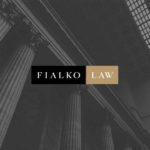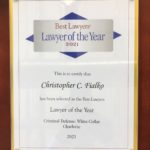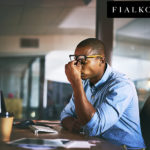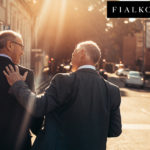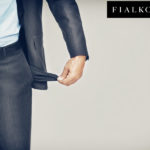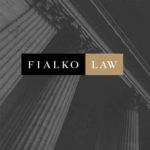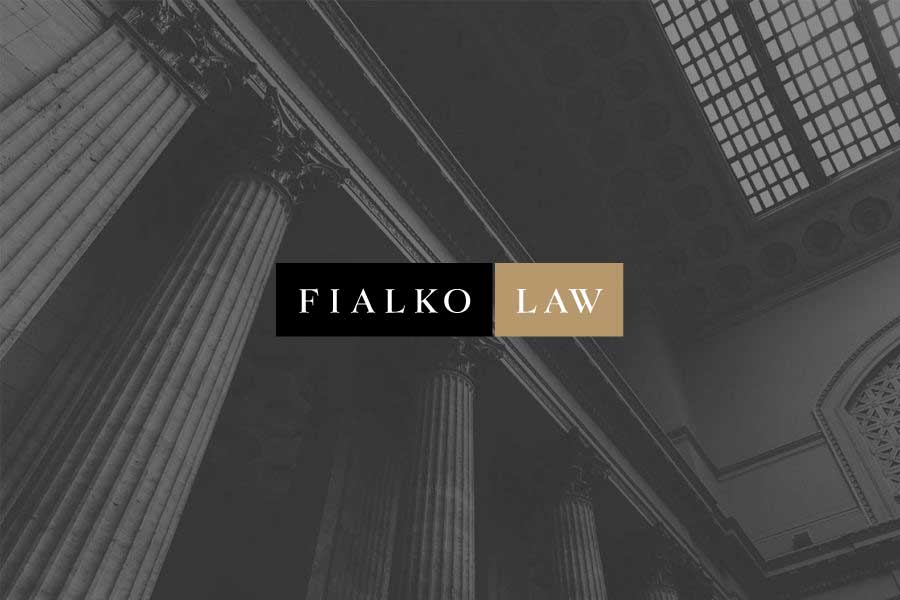
I found a book that speaks to me: Yes to the Mess: Surprising Leadership Lessons from Jazz, by Frank J. Barrett.
I always try to be reading a non-fiction book that is not about lawyers or the law. My brain needs to meander in other directions after each day of battling hard to solve legal problems for my clients.
A few years ago I recommended lawyers read The Checklist Manifesto, a book by surgeon and polymath Atul Gawande. Some lawyers shy away from using checklists on the theory they discourage creative thinking. Gawande’s readable book makes a persuasive argument that well-thought checklists can help in nearly all professions. I started using checklists more often in my work.
But Yes to the Mess has an opposite thesis: that the Jazz ethic of loose structure, jam sessions and the willingness to make mistakes leads to creative and effective solutions in ways that rulebook checklists don’t.
As I do every year, last month I went to New York City to attend NACDL’s White Collar Crime Seminar at Fordham Law School. I like the format: all of the presentations are panel discussions, loosely led by a moderator (usually Gerry Goldstein or Abbe Lowell). Sometimes things get messy as the speakers stray off topic or argue with each other, but these are my favorite parts: I get to see smart trial lawyers thinking out loud.
In Yes to the Mess, Barrett makes this argument:
When you’re learning to be a professional, it’s not just a matter of memorizing a set of rules or a stock of explicit knowledge. Often what you are learning is an outlook, a mood, a disposition. You’re learning to absorb a whole way of being – picking up practices, rather than learning about practices. This learning is anything but clean, rote, or logically arranged. Learning to be a practicing musician, like learning to be a practicing executive, is a sloppy process. It’s intuitive and vague. You are guessing and adjusting, trying to grasp what to do next, listening to how others grapple with dilemmas, imitating the phrases and facial expressions of admired peers, trying something based on vague glimpses and threads of meaning – and, critically, reorienting as you go.
Listening to the lawyer jam sessions up at Fordham, I picked up four ideas I think can help me on cases I’m working on right now. (I’m usually happy when I pick up one idea per seminar.)
One of the tasks I do in every hard case is to go to Starbucks, leave the phone in the car, and sit down with just a blank legal pad to think and chart out defenses and strategies. I guess this is a one-man jam session. After reading Barrett’s book, I’m going to add one more item to my case checklist: more brainstorming sessions with my law partners and colleagues.



